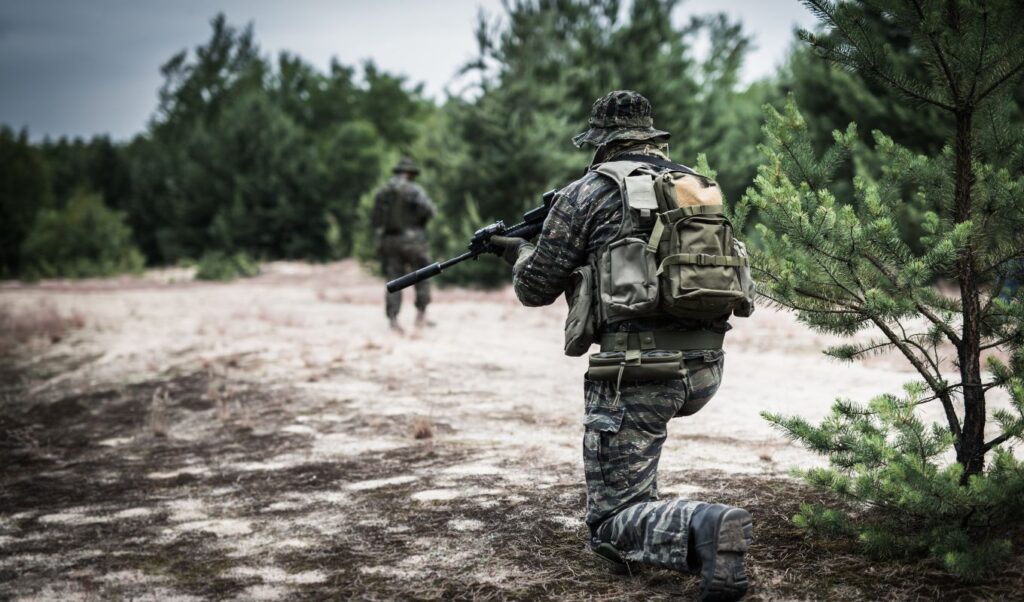War “sirens” sound across Europe, as the West uses dark rhetoric and warns of an impending confrontation with Russia. Another “link” in this chain was added by German Defense Minister Boris Pistorius, who said that this past summer “may have been the last peaceful one” for Europe, estimating that a potential NATO-Russia clash could occur before 2029. His statements provoked an immediate reaction from Moscow.
Pistorius noted that until recently, Germany and NATO considered a possible Russian attack on the Alliance likely from 2029 onwards, however newer assessments suggest potential escalation as early as 2028. “Some military historians believe we have already experienced the last peaceful summer,” he said characteristically.
Germany: Plans underway to create large reserve force
The German minister emphasized that NATO countries urgently need modernization and rearmament, noting that Germany is already in preparation phase. Starting in 2027, citizens will undergo medical examinations to identify potential future reservists in case of emergency, while the government plans to create a large reserve force to strengthen the country’s defense.
Chancellor Friedrich Merz has stated that his goal is to make the Bundeswehr the strongest military force in Europe. Pistorius has also emphasized that if Germany comes under attack, it is ready “to kill Russian soldiers.” According to him, peace is secured only through strength and readiness for defense, a position that reflects the hardening of Germany’s stance toward Moscow.
Moscow’s response
Russian Foreign Ministry spokesperson Maria Zakharova reacted to Pistorius’s statements, arguing in her statement to TASS agency that “after these words there is no doubt about who is acting as the aggressor.” Moscow appeared particularly critical of references to impending conflict, accusing Germany of aggressive rhetoric.
Pistorius’s statements were made in an interview he gave on November 15 to Frankfurter Allgemeine Zeitung, where the German minister argued that the danger of war is not theoretical, but requires preparation and determination from Alliance states. As he noted, NATO has significant deterrent capabilities, including nuclear weapons, which – according to him – contributes to maintaining stability despite rising tensions.




